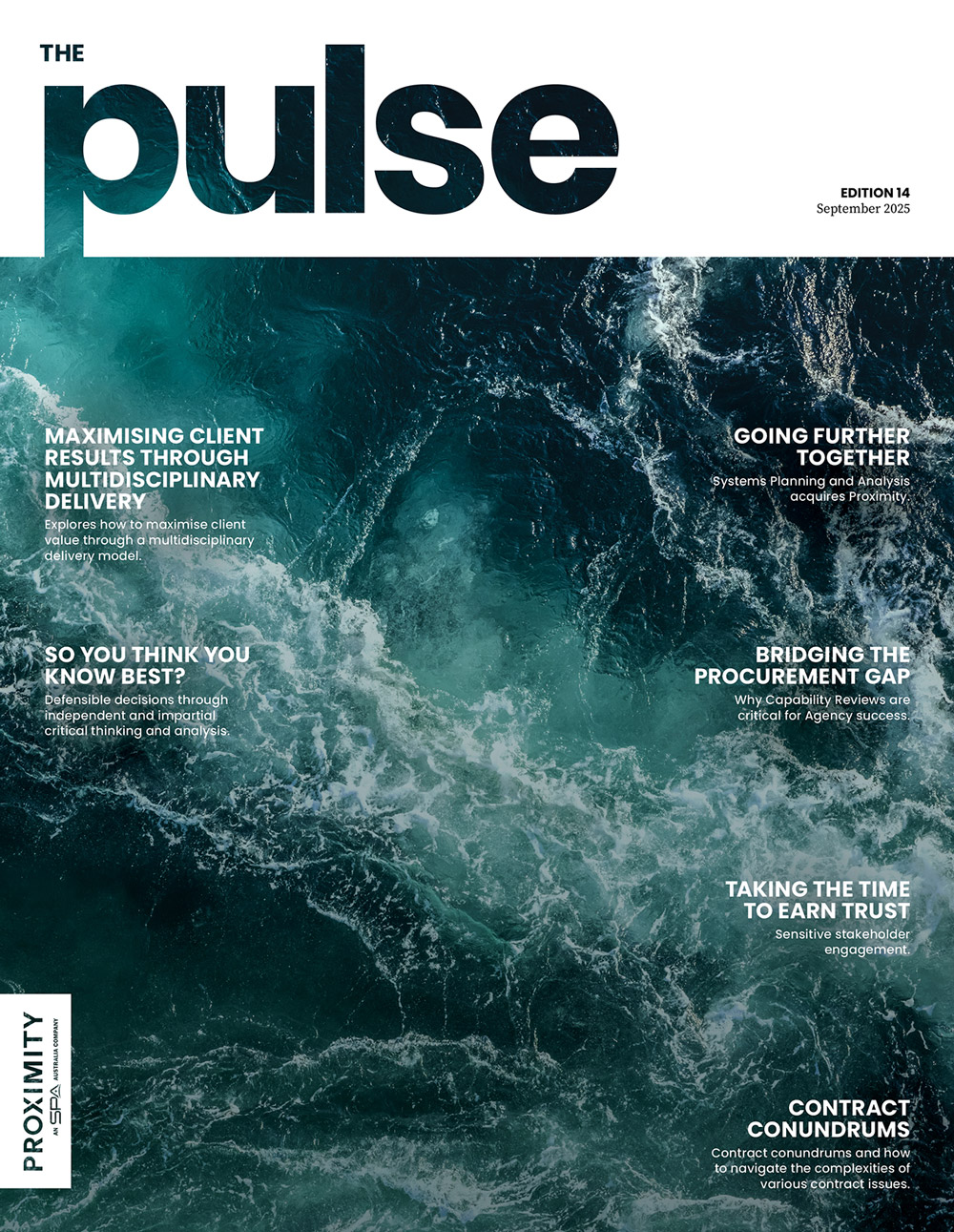The Corporations Amendment (Meetings and Documents) Act 2022 (Cth) commenced on 1 April 2022.
This Act permanently amends the Corporations Act 2001 (Cth) to do the following:
- introduce substantial reforms to facilitate the electronic execution of documents (including deeds);
- allow for company meetings to be held either at a physical venue or via virtual meeting technology, or a hybrid combination of the two in select circumstances; and
- enable the electronic distribution of meeting-related documents and other documents.
In this article we will only discuss the changes regarding execution of documents by a company.
These are new standalone permanent provisions. The temporary Corporations Act measures introduced to deal with execution of company documents during the Covid pandemic have expired and no longer apply.
1. Technology neutral signing—Section 110A
This applies to a document (including a deed) to be signed in the circumstances described in sections 2 & 3 below.
The new provisions do not mandate the use of any particular technology. As well as technologies already in use such as online platforms and use of stylus tools to sign PDFs, the legislation is flexible enough to allow for use of new technologies.
It is now provided that a person may sign a document (including a deed) by:
a. signing a physical form of the document by hand; or
b. signing an electronic form of the document using electronic means:
if the method of signing:
A. identifies a person and indicates the person’s intention in respect of the information recorded in the document; and
B. the method was either:
ii. as reliable as appropriate for the purpose for which the information was recorded, in light of all the circumstances, including any relevant agreement; or
iii. proven in fact to have fulfilled the functions described in paragraph (A), by itself or together with further evidence.
This means that to be able to rely on an electronic signature, there must be an appropriate and reliable method to verify that the person who is named as the signatory did, in fact, sign the document. This may require a review of the types of technology as well as the processes and procedures underpinning its use.
The following circumstances are now provided for under Section 110A(4):
- a document can be signed in different forms, that is, one person can sign a physical document by hand and another person can sign an electronic form by electronic means
- split execution of documents is allowed, namely, there is no requirement that a person sign the same page of a document as another person;
- a person is not required to use the same method to sign the document as another person; and
- all the information recorded in the document is not required to be included in the form of the document signed by a person under (a) or (b)—in other words, execution will be valid where a signatory signs a stand-alone execution page, without having the entire contents of the document attached.
The last point represents a departure from the previous practice, particularly under the temporary provisions during the Covid pandemic, that all of the contents of the document should be included in an electronic signed version. Although the language is quite categoric (‘To avoid doubt, this section does not require…’), we recommend that a degree of caution should still be exercised in utilising this provision:
- note the requirement that the method of signing ‘identifies a person and indicates the person’s intention in respect of the information recorded in the document’
- the absence of the complete contents of a document leaves open the possibility that a person may subsequently seek to challenge or question that it fully indicated their intention.
This may be a useful mechanism where there is a very urgent need for a signature to be returned and it can only be done in time by means of an extracted execution page. However it would be prudent (as would have been previous practice) to obtain a full copy of the executed document as soon as possible, or to attach or link it to the signature by some means (such as an online document execution platform) to ensure the content is clearly identified.
2. Agent exercising company’s power to make contracts and execute documents (including deeds)—Section 126
Section 126 has been amended to extend the ability of agents to execute documents on behalf of companies. This means that the signing process for company agents under Section 126 is materially simpler than previously.
Under the important new changes:
- a company’s power to execute a document (including a deed) may be exercised by an individual acting with the company’s express or implied authority—Section 126(1)
- the individual referred to in section 126(1) need not be appointed by deed—this displaces the common law rule that a person must be appointed by deed to execute a deed (no more Powers of Attorney!)
- the new provisions override any other (State or Federal) legislation to the extent of any inconsistency—a significant reform
- the individual may execute a document as a deed in accordance with section 126(1) without the need for a witness and regardless whether the document is in physical or electronic form—this displaces any other rule that a deed must be on ‘paper, parchment or vellum’.
3. Execution of documents (including deeds) by the company—Section 127
In practical terms, the changes to Section 127 do not substantially alter the position existing under the temporary reforms. There are a few minor improvements but electronic execution continues to be permitted in more or less the same way it has been for the past few months.
It is clarified that signing under Section 127 may be satisfied electronically in accordance with the technology neutral signing provisions i.e., it may be signed electronically.
Also a company may execute a document as a deed under Section 127 without the need for a witness and whether the document is in physical or electronic form—again this displaces any common law rule that a deed must be on ‘paper, parchment or vellum’.
4. What does this mean for me?
If you are in a corporate entity then the requirements for the electronic execution of your entity’s documents have been considerably simplified and clarified.
Even if you are in a Government department or agency and do not have a direct requirement to execute documents under the Corporations Act, if you are dealing with contractual counterparties who are corporate entities then your ability to rely on their electronic execution of documents (particularly deeds) has been considerably simplified and clarified.
This is only an overview of these important new provisions. For further information please contact enquiries@proximity.com.au or call 1800 959 885.






